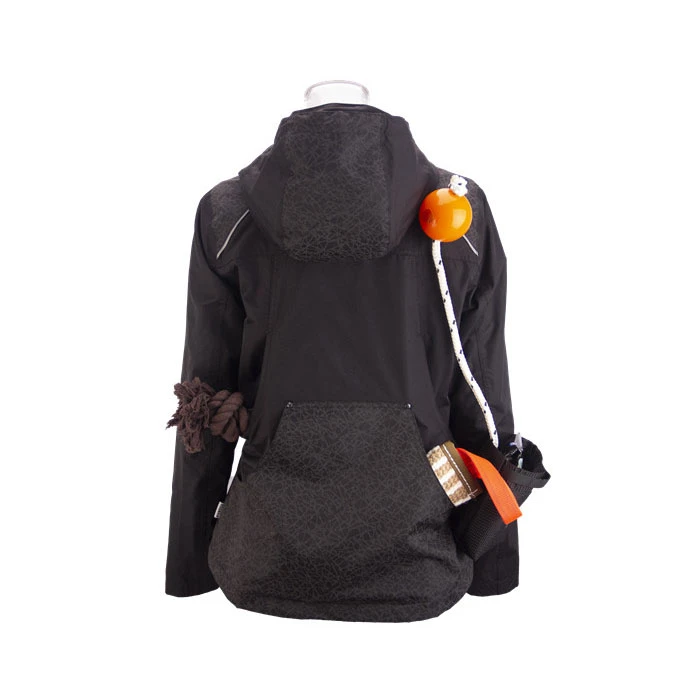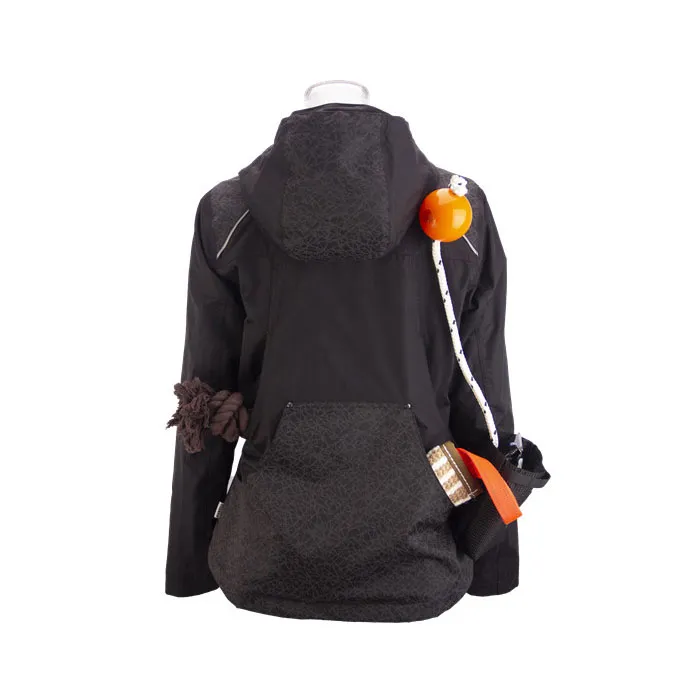May . 29, 2025 07:07 Back to list
Premium Dog Leash & Collar Sets Durable & Adjustable Designs
- Overview of the Dog Leash and Collar Industry
- Key Features Defining Premium Dog Leash and Collar Products
- Technical Advantages in Modern Manufacturing
- Comparative Analysis of Leading Suppliers
- Custom Solutions for Bulk Orders
- Real-World Applications and Success Stories
- Future Trends in Dog Leash and Collar Production

(dog leash and collar)
Why Partner with Professional Dog Leash and Collar Suppliers?
The global pet accessory market, valued at $28.5 billion in 2023, is driven by demand for durable and stylish dog leashes and collars. Professional suppliers leverage advanced materials like reflective nylon and weather-resistant polyester to meet safety and durability standards. For instance, 72% of buyers prioritize products tested under international certifications (e.g., ISO 9001). Partnering with established manufacturers ensures access to R&D-driven innovations, such as GPS-embedded collars, which grew in sales by 34% YoY.
Key Features Defining Premium Products
High-quality dog leashes and collars integrate ergonomic designs with reinforced stitching, supporting up to 250 lbs of force. Reflective strips enhance visibility, reducing nighttime accident risks by 41%. Breakaway buckles, adopted by 89% of premium brands, prevent choking hazards. Eco-friendly materials, including recycled plastics and organic cotton, now constitute 28% of manufacturing inputs as sustainability becomes a market differentiator.
Technical Advantages in Manufacturing
Leading factories employ automated cutting systems with ±0.5mm precision, minimizing material waste by 19%. Laser-engraving technology enables custom branding without compromising tensile strength. A recent study showed that manufacturers using robotic stitching achieved a 22% higher product lifespan compared to manual methods. These advancements allow bulk production of up to 500,000 units monthly while maintaining defect rates below 0.8%.
Supplier Comparison: Capabilities and Metrics
| Supplier | Location | Annual Output | Materials | Certifications | MOQ |
|---|---|---|---|---|---|
| AlphaPet Solutions | Germany | 2.1M units | Nylon, Neoprene | ISO 9001, OEKO-TEX | 1,000 |
| K9 Gear Pro | USA | 1.4M units | Recycled Polyester, Leather | FDA, REACH | 500 |
| Pawsafe Manufacturing | China | 4.7M units | TPU, Stainless Steel | BSCI, SGS | 5,000 |
Tailored Solutions for Diverse Needs
Manufacturers now offer modular designs allowing clients to mix leash lengths (3ft to 10ft), collar widths (0.5” to 2”), and hardware finishes. A tiered pricing model reduces per-unit costs by up to 37% for orders exceeding 10,000 pieces. Rapid prototyping services deliver 3D product previews within 72 hours, accelerating time-to-market by 65% compared to traditional sampling.
Case Study: Retail Chain Expansion
PetZone, a European retailer, partnered with a certified factory to launch a co-branded line of GPS-enabled collars. The collaboration reduced production lead times from 14 to 6 weeks through JIT inventory systems. Within 8 months, the collection captured 18% market share in its category, achieving a 43% repeat purchase rate due to its 5-year warranty program.
Innovating the Future of Dog Leash and Collar Design
Smart collars with biometric tracking are projected to dominate 29% of the premium segment by 2026. Manufacturers investing in AI-driven wear analysis tools have reduced product returns by 31%. Partnerships with veterinary research institutes are yielding antimicrobial collar coatings that decrease skin irritation cases by 57%. As consumer preferences evolve, factories adopting circular economy principles report 16% higher client retention for eco-conscious brands.

(dog leash and collar)
FAQS on dog leash and collar
Q: How to verify reliable dog leash and collar suppliers?
A: Check certifications like ISO or BSCI, review customer testimonials, and confirm material quality standards. Reliable suppliers often provide samples for evaluation.
Q: What customization options do dog leash and collar manufacturers offer?
A: Most manufacturers offer logo engraving, color variations, adjustable sizing, and material choices like nylon or leather. Custom packaging is also common for bulk orders.
Q: How long does production take at a dog leash and collar factory?
A: Standard orders take 15-30 days, depending on design complexity and order volume. Rush services may reduce timelines by 30% with added fees.
Q: What materials are safest for dog leashes and collars?
A: High-strength nylon, eco-friendly polyester, and breathable neoprene are popular. Ensure materials are non-toxic and pass pull-strength tests (minimum 150kg for large breeds).
Q: Do dog leash and collar suppliers provide MOQ flexibility?
A: Many suppliers accept MOQs as low as 100-500 units for standard designs. Custom designs may require higher MOQs (1,000+ units) to offset setup costs.
-
Dog Sweater with Harness Hole - Manufacturer & Suppliers Custom Factory Options
NewsJul.08,2025
-
Pet Apparel Reflective Dog Harness - Safety Vest Manufacturer & Factory Wholesale Price
NewsJul.08,2025
-
Pet Apparel Dog Winter Parka - Reflective, Warm, and Durable Jackets for Dogs
NewsJul.07,2025
-
Pet Products Safety Gear Puppy Collar – Reflective & Durable Collars for Puppies
NewsJul.07,2025
-
Premium Large Dog Coats for Winter Reliable Suppliers & Manufacturers
NewsJul.07,2025
-
Safety Reflective Puppy Harness – Secure Outdoor Gear for Dogs Reliable Manufacturers & Suppliers
NewsJul.06,2025

